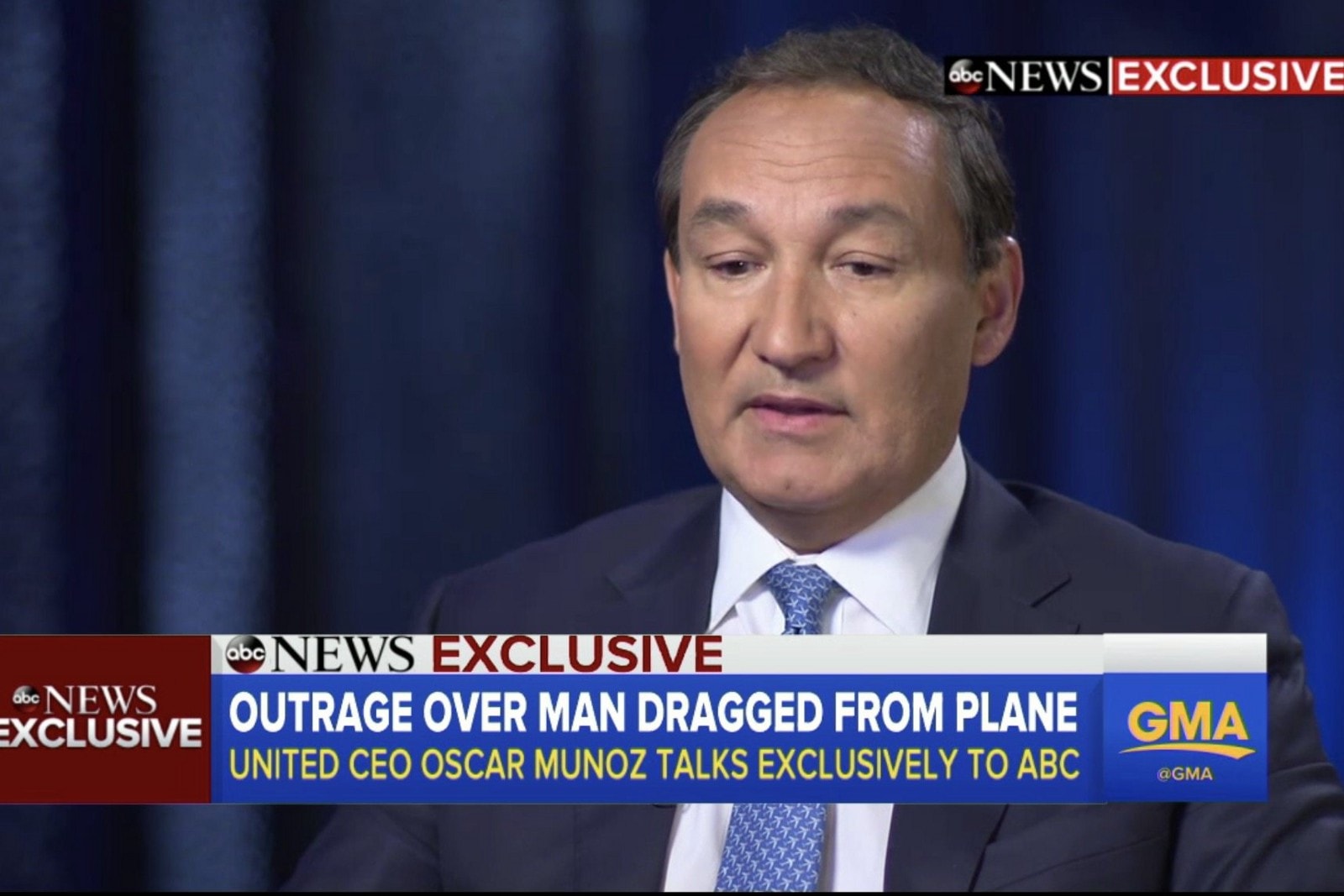Insights
Sorry, Not Sorry: Why Corporate Apologizing Isn’t Always the Best Strategy.

By Clyde Group Junior Associate Boot Bullwinkle. This piece originally appeared on Medium.
Say sorry when you make a mistake.” Our parents taught us this common courtesy from an early age, but in today’s increasingly digital landscape, not all apologies are created equal.
Pepsi and United Airlines recently became the crisis communication examples du jour with two high-profile blunders that threatened their image and reputation. In Pepsi’s case, the brand found itself on the wrong side of a systemic cultural problem; in United’s case, a botched attempt at mitigating a viral video led to a display that many characterized as the very worst in customer service.
Pepsi’s response was textbook, concise messaging that sincerely accepted full responsibility for missing the mark. Instead of prolonging the coverage and attention around their blunder, they made one succinct apology and waited for the fury to die down. Like red giant stars about to go supernova, crises tend burn hot and bright, but for a very short time. Pepsi could have dragged out its apology by hosting press conferences, responding directly to individual criticisms, donating money to charity or any number of other tactics companies employ to save face. Instead, one quick statement was enough to address their mistake and then — poof. One week later, their problems were buried underneath United’s unfolding crisis.
United’s response was nothing short of shocking. While millions around the world watched a passenger dragged off a flight with blood streaming down his face, they were also treated to a media train of United’s apologies. On Monday, one day after the video had already exploded online, an insincere and poorly worded apology led to the word “re-accommodated” being dubbed “Euphemism of the Year” by TIME Magazine, as the public rejected the cold corporate justification of the incident. United failed to control the message around the situation, and instead damaged their reputation further by showing little remorse. Two days later, their CEO appeared on Good Morning America with his hands out asking for forgiveness to whoever still might be listening. But not many people trust an apology the second time around.
Every company is going to make a mistake or face crisis at some point, and apologies are an essential tool in the crisis mitigation arsenal. But that doesn’t mean an apology is always the best approach.
JetBlue offers an exceptional case study into the way apologies have shifted in today’s digital media ecosystem. The airline recently refused to apologize to a family who claimed they were removed from a flight after their one-year-child kicked another customer’s seat. The family filmed their exchange with the airplane crew and gate agents and posted it online where the video quickly went viral and outrage once again began to grow. But JetBlue told its own side of the story, asserting that the family’s unruly temperament prior to removal ultimately posed a threat to the other 200-something passengers on board.
Still riding the wake of its competitor’s crisis just months before, JetBlue’s apology was exceptionally brave. Though there was a chance the airline’s customer service approach could have backfired, JetBlue instead took control of the message surrounding the crisis. Instead of allowing media to run away with half the story, JetBlue provided context and an opportunity to demonstrate its priorities and values.
We’ve all been in a situation where an unruly customer berates an employee for simply doing their job — it’s frustrating and cringe-inducing. The customer is not always right, especially when they affect the experience and safety of other customers. Intervention does not always go over well with the unruly customer, and many employees and companies naturally choose the most non-confrontational response.
But by refusing to apologize, JetBlue gained much more respect with stakeholders by drawing attention and empathy to this reality. They signaled to future customers that peace and respect would be upheld when threatened. They signaled to their employees that they would not undermine their training and actions when executed properly. They signaled to government officials that they will follow safety protocols at any cost to the brand’s reputation. And they signaled that when they do apologize in the future, it will come from a place of sincerity.
Apologies seem to be swirling everywhere nowadays, particularly from brands on social media. Small mistakes that could previously be swept under the rug can explode into full-blown crises thanks to the internet, and brands are forced to keep one hand constantly hovering over the ‘Sorry’ button. But in a world inundated with carefully crafted responses, stakeholders are much more adept at discerning what’s actually genuine. Instead, they want action — proof that the mistake won’t happen again. While an apology can certainly achieve that goal, occasionally going against the grain can actually boost a brand’s reputation and foster respect.